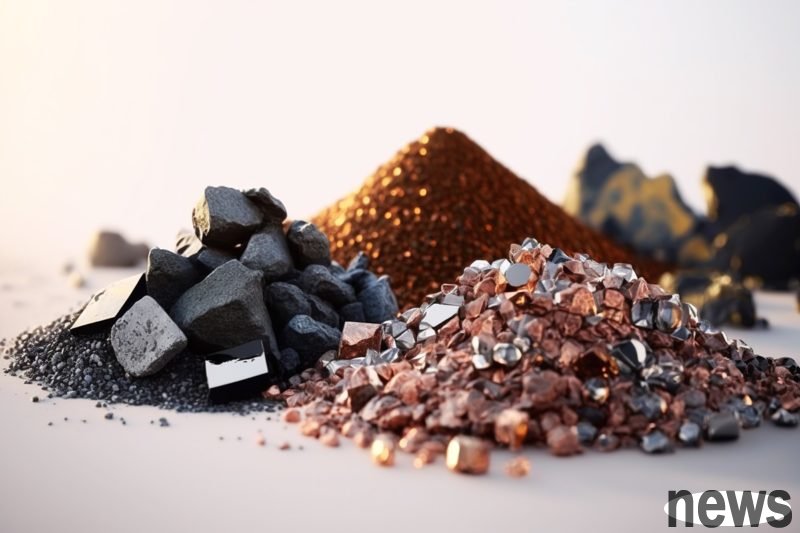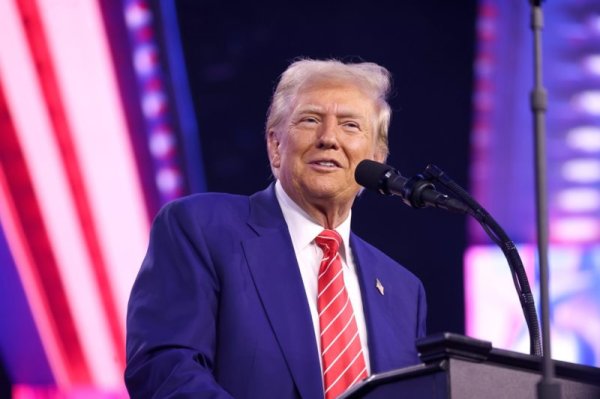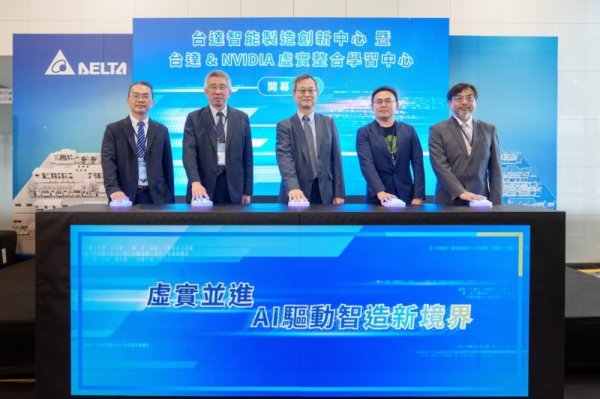China suspends gallium, germanium and antimony export restrictions, supply chain faces short-term respite

According to foreign media reports, China announced that it will temporarily lift restrictions on the export of key materials such as gallium, germanium and antimony to the United States starting from November 9, bringing a slight easing to the technology trade friction that has continued to heat up in the past year. The move is seen as part of the "cooling agreement" reached during recent talks between the leaders of the United States and China, with the suspension expected to last until November 27, 2026.
According to the announcement, this relaxation of measures covers a number of strategic materials, including some graphite products and rare earth-related technologies, but the export licensing system remains and exporters must obtain government approval before shipping.
Gallium, germanium and antimony were the first high-tech metals to be regulated in China last year. They are widely used in communications, electric vehicles and third-category semiconductors. Among them, gallium is a key material for manufacturing gallium nitride (GaN) and gallium arsenide (GaAs) wafers, which are used in 5G base stations and power components; germanium is used in optical fiber communications and infrared sensing; antimony is used in radio frequency chips and battery materials.
According to the United States Geological Survey (USGS), China will supply approximately 99% of the world’s gallium production in 2024 and dominate the germanium refining and antimony mining markets. Although Europe and the United States have actively promoted local refining and alternative supply plans in recent years, it is expected that it will be difficult to form large-scale production capacity in the short term.
Analysis pointed out that although this suspension is difficult to immediately stabilize prices or completely restore market confidence, it will have short-term breathing space for industries such as GaN power components, high-frequency RF modules and electric vehicle power systems that rely on Chinese raw materials. However, as export approval still takes time, some manufacturers may still face administrative delays and supply uncertainty.
China suspends ban on rare earth exports to the U.S., but licensing controls remain — vital semiconductor manufacturing materials get one-year reprieve Further reading: China is rumored to be planning to relax rare earth export regulations, but it is not as comprehensive as Trump hoped.



